Erythritol: 6 Benefits And 3 Side Effects To Know In 2025
Understand the reasons why you should switch to this artificial sweetener ASAP.

Image: iStock
Sugar may satisfy your taste buds but seriously harm your body and cause you to develop diabetes and/or gain weight. This is where erythritol’s benefits come into the picture. Erythritol is a sugar alcohol that has almost no calories and has been used as an alternative to sugar for years.
But, is erythritol good for your health? Where does it come from? Does it have any side effects? Keep reading to find out the answers!
 Know Your Ingredient: Erythritol
Know Your Ingredient: ErythritolWhat Is It?
It is a sugar alcohol found naturally in many fruits and vegetables and is used as an alternative to sugar.
What Are Its Benefits?
It is anti-diabetic, gut-friendly, helps lose weight, prevents tooth decay, and protects your body from oxidative damage.
Who Can Use It?
It is beneficial for those suffering from issues related to metabolism and diabetes.
How Often?
You can safely consume 1 gram for every kilogram of your body weight daily.
Caution
Avoid consuming erythritol if you experience bloating, nausea, dizziness, diarrhea, or frequent urination.
In This Article
What Is Erythritol? Where Does It Come From?
Erythritol is a natural sweetener that is gaining more and more popularity, especially within the food industry
. It is widely used as a sweetener in calorie-reduced foods, candies, or bakery products.
Erythritol belongs to the family of sugar alcohols, also known as polyols, which are formed due to the hydrolyzation processes of the aldehyde or ketone group in various carbohydrates.
Polyols are naturally abundant in fruits and vegetables like grapes and mushrooms as well as fermented foods like soy sauce (1).
 Trivia
TriviaYou might be wondering, why is erythritol used widely? What are its selling points? Here you go!
Key Takeaways
- Erythritol inhibits the growth of oral bacteria that reduces the acid produced in your gut and, thus, prevents caries and plaques.
- Erythritol attacks free radicals and prevents cardiovascular and hyperglycemia issues,
- It does not increase cholesterol levels in the body and maintain insulin sensitivity.
- The body does not completely absorb the sugar in alcohol, and it remains there for a long time.
What Are The Valuable Properties Of Erythritol?
Erythritol is widely used as an artificial sweetener mainly because it is mildly sweet. It is as sweet as sucrose but with lesser calories.
If you add one teaspoon of sugar to your tea, one spoon of erythritol should do (volume for volume).
But if you use sucralose, which is a synthetic substitute that is much sweeter, you might have to add only one-fourth of a teaspoon.
You get the drift, right?
Apart from having sugar equivalence, erythritol offers the following benefits.
1. Anti-Diabetic Properties

Erythritol does not increase serum levels of glucose or insulin in your body, while the same dose of glucose raises insulin levels rapidly within 30 minutes, thereby, promoting blood sugar control in the body.
Sarah, a blogger, shared how she combined erythritol with natural sweeteners in baking to help satisfy her sweet tooth and maintain her blood sugar levels. She said, “I choose to use sugar alcohols in conjunction with natural sweeteners to reduce the carbohydrate value (insulin spike effect) of my sweet treats because I don’t want to give my sweet treats up (i)!”
It also does not have any significant effect on the serum levels of total cholesterol, triglyceride, triacylglycerol, and free fatty acids. Jay Armour, a Certified Personal Trainer and Nutrition Expert, says, “It does not increase triglyceride levels in the blood. It actually lowers triglyceride levels when used as a substitute for higher-calorie sweeteners.”
Erythritol is safe to consume and is, in fact, a better option for diabetic patients because more than 90% of ingested erythritol is readily absorbed and excreted through urine without degradation (2).
2. Helps In Weight Loss And Management

Sucrose has an adverse effect on your weight and adiposity build-up. Most health enthusiasts and people trying to lose weight stop the intake of sugar and switch to artificial sweeteners if they cannot go completely sugarless.
Erythritol has a very low glycemic index (GI=0). Adding it to your beverages, muffins, or sweets will reduce the blood glucose build-up that triggers weight gain (3).
Although it caused weight gain in some cases, erythritol plays an essential role in weight management, especially among obese individuals.
3. Prevents Tooth Decay (Non-Cariogenic)
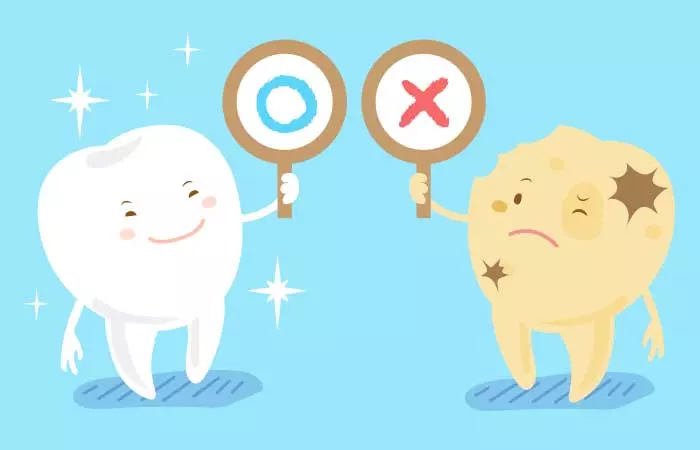
Erythritol promotes dental health and suppresses the growth of oral bacteria, such as Streptococcus, which form a biofilm on your teeth and cause tooth decay.
Inhibition of microbial growth leads to a reduction in the acid produced by your gut. This way, the teeth don’t develop caries and plaques.
When compared to other natural and synthetic sweeteners – like xylitol, mannitol, sorbitol, and sucralose – erythritol takes the longest to form plaque and is the mildest of all.
Owing to these properties, dentists can use erythritol as a matrix in subgingival air polishingi A process for removing biofilm from teeth pockets using a specially formulated powder. , replacing the traditional root scalingi A process to scrape away dental plaque and polish the exposed surfaces of the roots, eliminating any infected areas. in periodontal therapy (4).
4. Gut-Friendly And Non-Acidogenic

Since erythritol is a small four-carbon molecule, it gets easily digested in your gut. Also, because it has a very low glycemic index, it gets digested slowly and almost completely, thereby promoting digestive health.
Unlike sucralose, xylitol, sorbitol or mannitol, whose remnants can be found in the large intestines, about 90% of erythritol gets absorbed.
This is why you have lesser acidity, flatulence, and better satiety when you take about 50 g/kg of erythritol, while other sweeteners cause watery stools, nausea, and diarrhea at 20-30 g/kg intake (5). Jay says, “Moderate consumption is well-tolerated and shouldn’t cause digestive issues for most. Although it does have laxative effects when consumed in large doses. No more than 1g per kilogram of body weight is recommended to be consumed per day.”
5. Potent Antioxidant Activity
Erythritol is an excellent scavenger of free radicals. The sugar alcohol forms erythrose and erythrulose that are excreted through urine.
It scavenges hydroxyl free radicals specifically and may promote cardiovascular health, protect your body from cardiovascular damage, hyperglycemiai High blood sugar levels that may occur due to low insulin levels, high carbohydrate meals, or certain medications. -induced disorders, and lipid peroxidationi A metabolic process that results in the chain reaction of reactive oxygen species degrading fat molecules. .
Having erythritol instead of other sweeteners can lower inflammation in organs like the kidneys, liver, and intestines (6).
Erythritol can prevent the development of conditions like constipation, renal failure, hypercholesterolemiai A condition where the bad cholesterol (LDL) levels are high, increasing the risk of cardiovascular issues. , acidity, ulcers, and Crohn’s diseasei A chronic inflammatory bowel disorder that damages the lining of the digestive tract, inflaming and swelling it. boost metabolism, and protect the organ systems it comes in contact with.
6. May Be Safe For Consumption During Pregnancy
Erythritol consumption during pregnancy is generally considered safe in moderate amounts. While some artificial sweeteners raise concerns, erythritol is well-tolerated by the human body. There is currently a lack of research about how polyols like erythritol affect pregnancy. However, polyols are observed in both the mother and the baby during a regular pregnancy. Hence, it may be safe to consume them in small amounts (7).
However, pregnant women should always exercise caution and moderation in their dietary choices. Since individual sensitivities may vary, remember to consult a healthcare provider before incorporating erythritol or any sugar substitute into your pregnancy diet.
For a sugar substitute, erythritol has some pretty incredible properties. So, it’s clear why it’s become so popular.
Thanks to the list of benefits erythritol boasts of, here’s a list of its applications. Check this out, and you’d be shocked!
Where Can You Find Erythritol?
You can find Erythritol in
- Beverages (as a sugar substitute)
- Chewing gums
- Chocolate candies
- Tabletop sweetener
- Solid and liquid formulations
- Tablets
- Lozenges
- Granulated powders
- Preferred pharmaceutical excipient
- Syrups
- Toothpastes
Isn’t this crazy? I had no idea about how much erythritol we’ve been consuming daily!
 Trivia
TriviaBut wait, where do you get all this erythritol from to use in anything and everything?
Let me clear up your confusion.
Where Do You Get Erythritol From?
Erythritol is found in fruits and vegetables. However, extraction from these natural sources is not feasible because they contain erythritol only in trace amounts.
In the 1950s, the possibility of producing erythritol using biotechnology opened up. The production of erythritol was first observed in yeasts and yeast-like fungi.
A strain (probably belonging to the genus Torula) was able to convert 35–40% of utilized glucose into erythritol. Certain lactic acid bacteria and filamentous fungi can also efficiently produce erythritol by fermentation.
Currently, corn or wheat starch is fermented with yeast Moniliella pollinis or Trichosporonoides megachliensis. The fermented mixture is then heated and dried to obtain erythritol crystals.
As sweet as sugar, produced from yeasts and bacteria, no artificial additives – that’s how ideal a sugar substitute erythritol is!
But…
There’s always a ‘but.’
Is erythritol safe without any side effects?
Erythritol is generally recognized as safe (GRAS) when used in foods and is well absorbed by your small intestine. But, research has found some appalling side effects caused by the continuous ingestion of erythritol.
Wondering what can go wrong with this artificial sweetener with numerous benefits? Is erythritol bad for you? Well, sadly, the answer is yes. Go on to the next section to know the side effects of erythritol.
What Are The Side Effects Of Using Erythritol?
1. Bloating, Diarrhea, And Nausea

Sugar alcohols or polyols have a bad history of screwing up your digestion. Since your body does not entirely absorb them, such substances tend to remain in your system for a long time.
The large intestine ferments the erythritol intermediates and causes bloating. You might experience nausea, flatulence (gas), and diarrhea .
2. Diuretic Effect (Increases Urination)
Ingesting high levels of erythritol for a long time can affect optimal hydration of the body and increase the urine volume along with the number of times you urinate.
Erythritol also causes loss of electrolytes. Consuming it in high quantities leads to an increase in calcium, citrate, sodium, potassium, N-acetylglucosaminidase, and total protein content in the urine (8).
Erythritol can be harmful as it can cause an electrolyte imbalance that could lead to energy level degradation, dizziness, and dehydration.
3. Could Be Carcinogenic
Most of the sugar substitutes like mannitol, sorbitol, steviol, and xylitol are linked to irreversible mutations and cancer.
But recent research shows that erythritol alone does not necessarily cause cancer, unlike other sugar alcohols. When administered to rats, erythritol didn’t show any DNA damage or chromosomal aberrations.
We need further in-depth research to ascertain these assumptions (9).
The Final Call…
Not everything sugar-free is good for your body.
In the name of cutting down our sugar and calorie intake, most of us end up in deeper trouble by ingesting random artificial sweeteners.
Synthetic sugar substitutes like sucralose and aspartame can save you from sucrose but not from diabetes, acidity, and cardiovascular diseases.
Choosing natural, plant, or microbe-based sugar alcohols will keep such complications at bay. Erythritol is one such sugar alcohol that is low carb in nature and has low calories and glycemic index.
You can use erythritol in cakes, muffins, pastries, pies, tarts, sweets, drinks, and beverages in equal amounts as table sugar. You can also make it a part of your keto diet due to the lower amount of sugar present in it.
Infographic: The Amazing Benefits of Erythritol
Although people are becoming more health conscious, they find it difficult to stay away from sugar. Having a sweet tooth can take a toll on your health in the long run. In a bid to avoid health concerns caused by processed sugar, more and more people are opting for healthier sugar substitutes, like erythritol. Check out the benefits of this sugar substitute in the infographic below.
Some thing wrong with infographic shortcode. please verify shortcode syntaxThe benefits of erythritol are numerous. It is being popularized as a sugar substitute. Erythritol is non-glycemic in nature and has anti-diabetic properties, aids in weight loss and management, and prevents tooth decay. It is gut-friendly and non acidogenic. It can even protect against the harmful action of free radicals as it is a potent antioxidant. Fruits and vegetables are natural sources of erythritol. Toothpaste, syrup, granulated powders, lozenges, and tabletop sweeteners are a few products that use erythritol. However, erythritol is bad for you if you are overdosing. It may trigger nausea, diarrhea, and bloating. It also may have diuretic and carcinogenic effects. Hence, moderation is advised.
Frequently Asked Questions
Is erythritol safe for children?
Erythritol is generally considered safe for adults, but it is best to avoid using it for children. While it is a low-calorie sugar substitute, it lacks essential nutrients that growing children need. It is always advisable to consult with a pediatrician before introducing any new food or sweetener to a child’s diet.
Can erythritol affect hormones?
“Erythritol has minimal effects on hormones compared to other sweeteners like sucrose or fructose. This makes it a suitable option for people monitoring their glycemic response,” says Jay Armour, a Certified Personal Trainer and Nutrition Expert.
Does erythritol increase belly fat?
Jay says, “Erythritol consumption will not directly increase belly fat when consumed in moderation alongside a balanced diet.”
Is stevia better than erythritol?
Stevia is a plant-based sugar substitute while erythritol is commercially produced from yeast and starch. Erythritol has more applications as it is heat-stable while stevia might break down into undesirable products. Moreover, there can be side effects of stevia, such as allergic reactions, as it is plant-based. So, pick erythritol over stevia if you have an option.
What is the calorie content of erythritol compared to other sweeteners?
Erythritol contains only 0.2 calories per gram(10). This is significantly less than table sugar, which contains 16 calories per teaspoon (11).
Can erythritol be used in baking and cooking?
Yes, you can use erythritol in baking and cooking as it is heat stable. However, avoid using too much of it to prevent dryness and crystallization.
Is erythritol more or less expensive compared to other sweeteners?
Erythritol is more expensive compared to table sugar and other sugar alcohols. It is comparatively new and occurs naturally in fruits and vegetables in small amounts (9). This makes it difficult to cultivate it on a large scale.
Illustration: 6 Fantastic Benefits of Erythritol &ndash The New-Age Sweetener
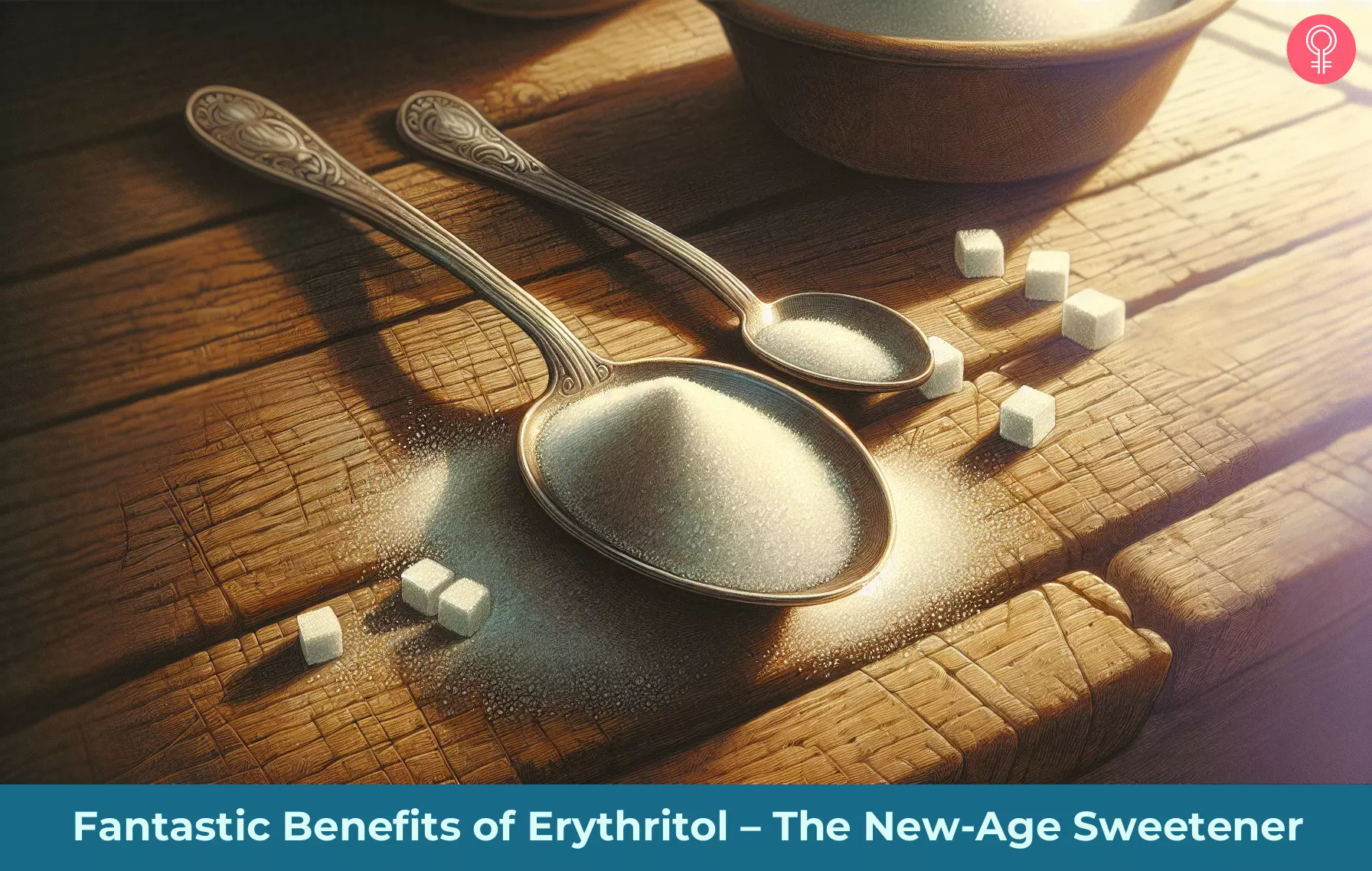
Image: Dall·E/StyleCraze Design Team
Learn more about the potential dangers and benefits of erythritol from the video below. Discover how it affects your health.
Personal Experience: Source
StyleCraze's articles are interwoven with authentic personal narratives that provide depth and resonance to our content. Below are the sources of the personal accounts referenced in this article.
i. I admit: I don’t drink alcohol, but I eat it!,https://theclevercooker.wordpress.com/2014/06/15/i-admit-i-dont-drink-alcohol-but-i-eat-it/
References
Articles on StyleCraze are backed by verified information from peer-reviewed and academic research papers, reputed organizations, research institutions, and medical associations to ensure accuracy and relevance. Read our editorial policy to learn more.
- “Erythritol as sweetener…” Applied Microbiology and Biotechnology
- “Serum glucose and insulin levels…” European Journal of Clinical Nutrition, US National Library of Medicine
- “Health potential of polyols…” Nutritional research reviews, US National Library of Medicine
- “Erythritol Is More effective Than…” International Journal of Dentistry, US National Library of Medicine
- “Gastrointestinal tolerance of…” European Journal of Clinical Nutrition, US National Library of Medicine
- “Erythritol is a sweet antioxidant” Nutrition, US National Library of Medicine
- “Sugar substitutes during pregnancy” Canadian Family Physician, US National Library of Medicine.
- “Chronic toxicity and carcinogenicity…” Regulatory Toxicology and Pharmacology, US National Library of Medicine
- “Genotoxicity Assessment of Erythritol…” Toxicological Research, US National Library of Medicine
- “Erythritol as sweetener..” US National Library of Medicine
- “Sugars, granulated” US Department of Agriculture
Read full bio of Cheryl Mussatto
- Jay Armour, CPT, is a certified personal trainer and nutrition expert with over 16 years of experience. He specializes in weight management and has helped thousands of clients successfully reach their fitness goals. After graduating from London Metropolitan University, Jay started working as a personal trainer in luxury gyms. Over the years, he has worked with a diverse clientele, including royals, celebrities, sports personalities, and London’s working class.
 Jay Armour, CPT, is a certified personal trainer and nutrition expert with over 16 years of experience. He specializes in weight management and has helped thousands of clients successfully reach their fitness goals. After graduating from London Metropolitan University, Jay started working as a personal trainer in luxury gyms. Over the years, he has worked with a diverse clientele, including royals, celebrities, sports personalities, and London’s working class.
Jay Armour, CPT, is a certified personal trainer and nutrition expert with over 16 years of experience. He specializes in weight management and has helped thousands of clients successfully reach their fitness goals. After graduating from London Metropolitan University, Jay started working as a personal trainer in luxury gyms. Over the years, he has worked with a diverse clientele, including royals, celebrities, sports personalities, and London’s working class.
Read full bio of Swathi Handoo
Read full bio of Ravi Teja Tadimalla
Read full bio of Himanshi Mahajan






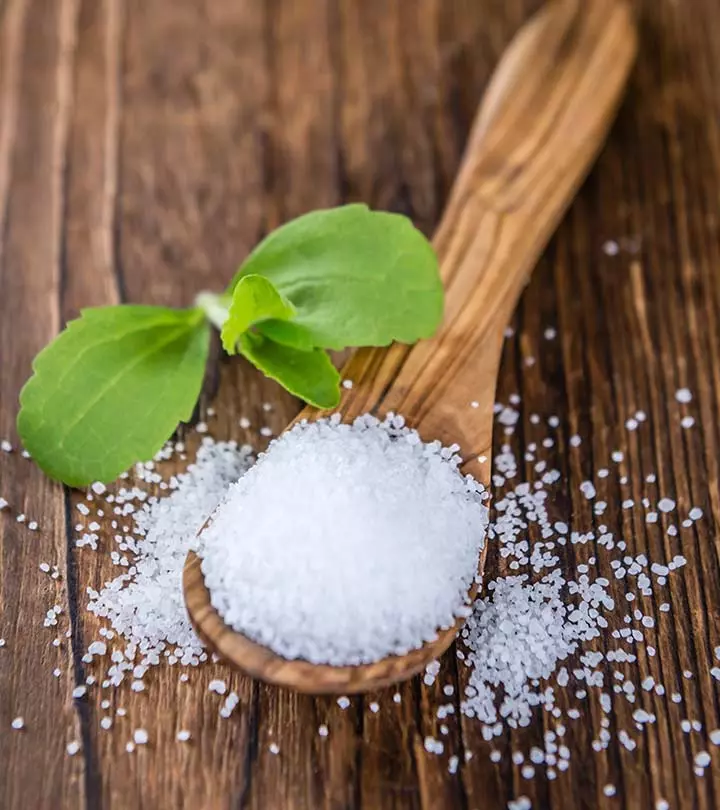

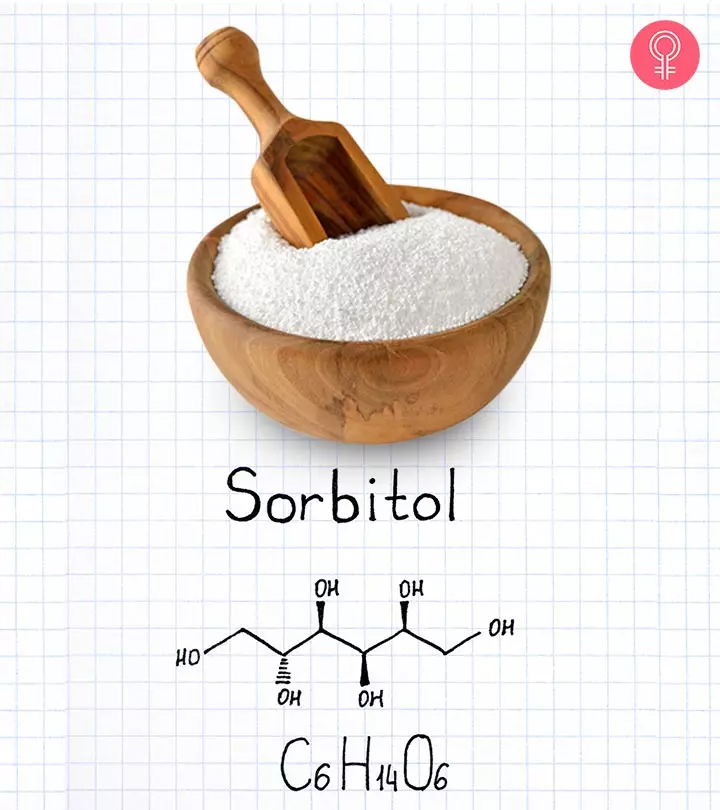





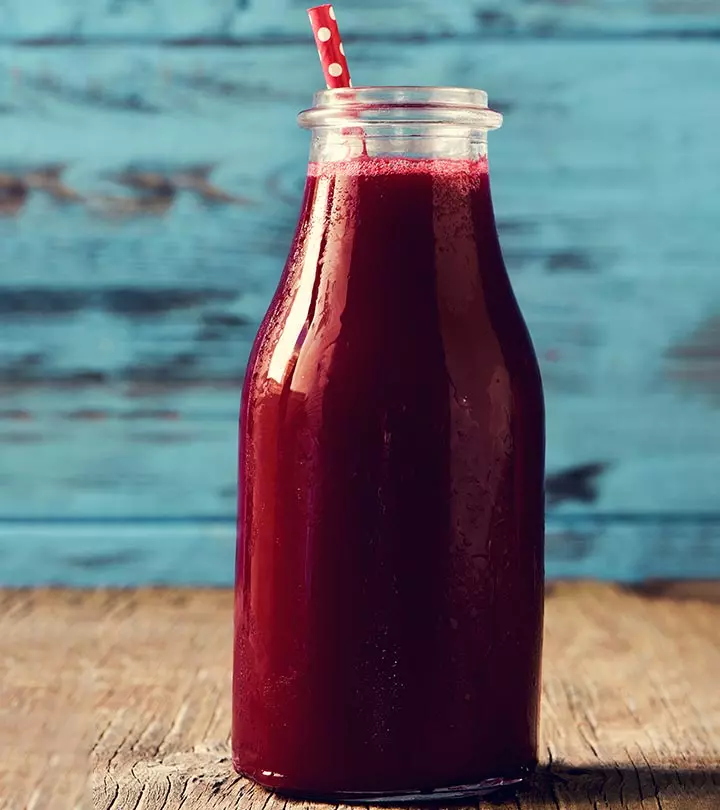


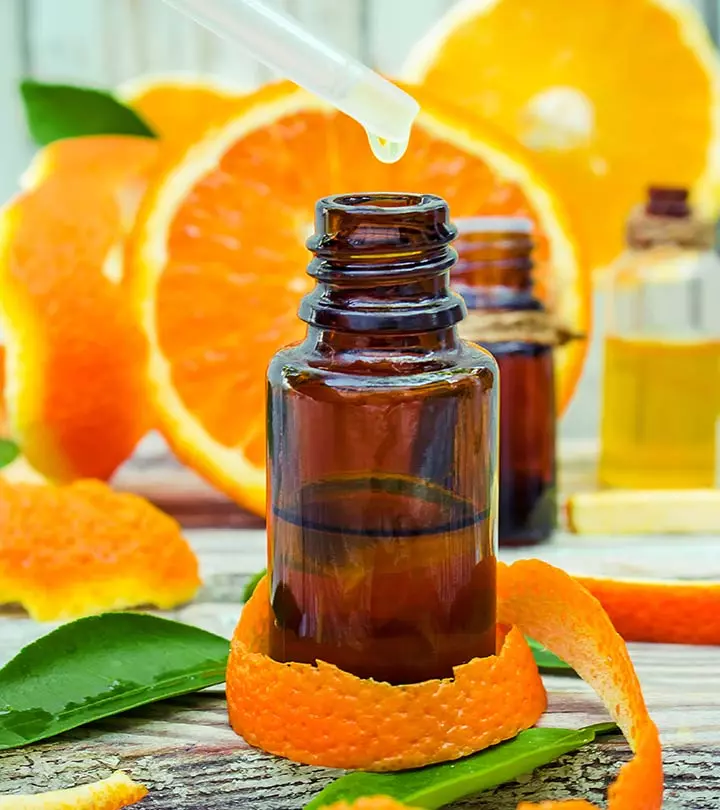

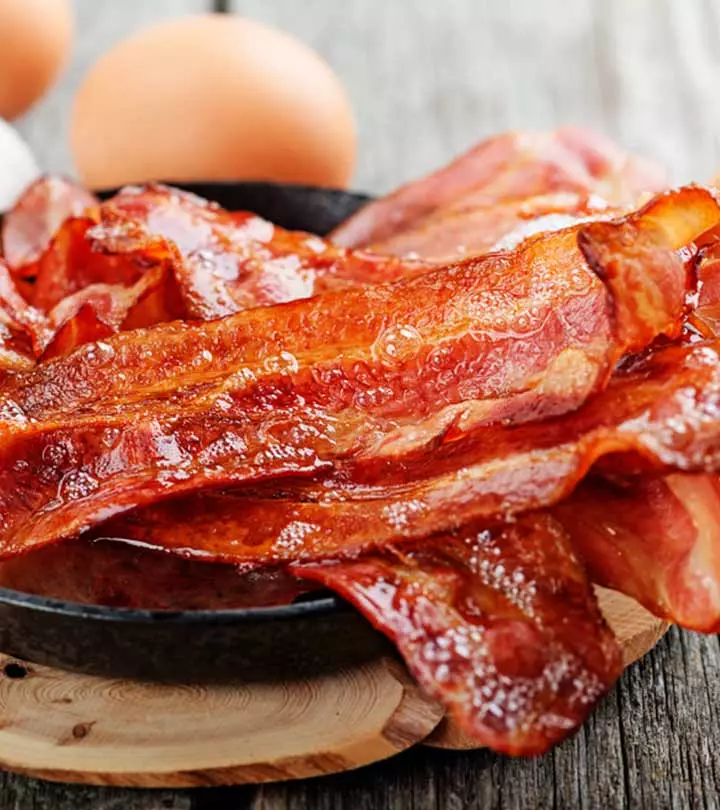
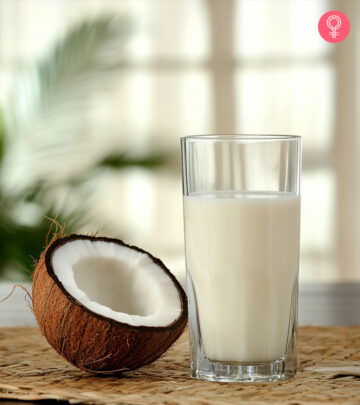

Community Experiences
Join the conversation and become a part of our empowering community! Share your stories, experiences, and insights to connect with other beauty, lifestyle, and health enthusiasts.